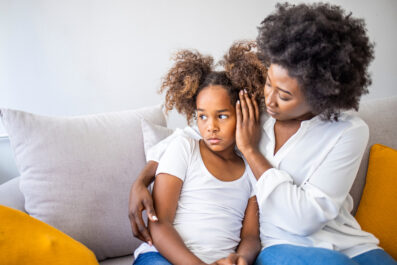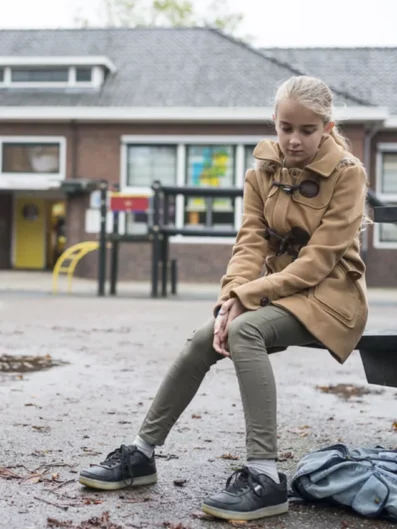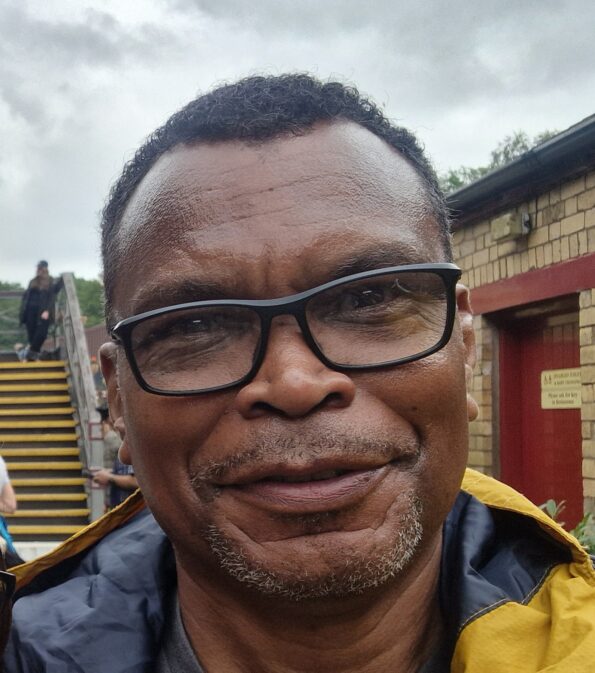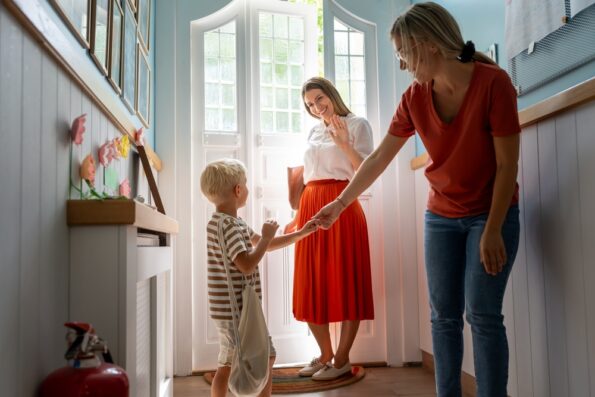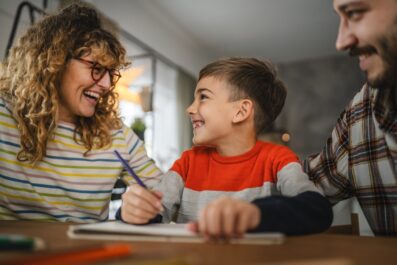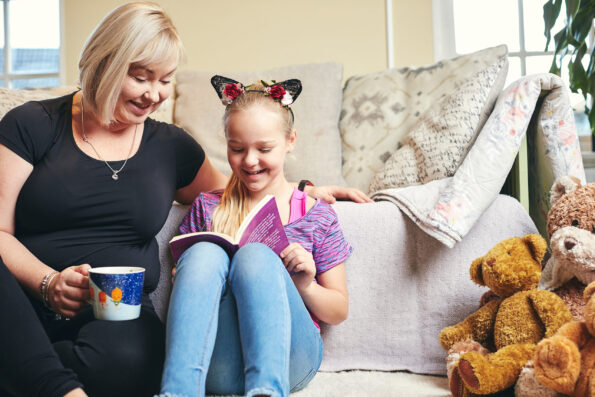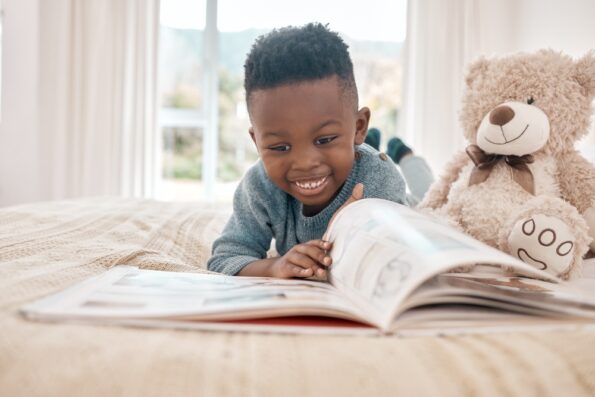The ISP Difference: Support you Need for Successful Fostering
When people first consider fostering, one of the biggest worries they often have is “How will I be supported?” As the first ever fostering agency in the UK, ISP offer a complete and extensive package of support for foster parents, children and the wider fostering family. For us, support isn’t an afterthought – it’s the foundation of everything we do.
For over 35 years, ISP has pioneered therapeutic fostering, ensuring foster carers are never left to manage the challenges of fostering alone. With an integrated team of social workers, therapists, teachers, and fostering advisors, our foster parents know that help is always close by – whether that’s a phone call, a support group, or a shoulder to lean on after a difficult day.
Why support matters in fostering
Fostering can be one of the most rewarding experiences of your life, but it can also be one of the most challenging. Many children come into care carrying the impact of trauma, loss, and disrupted relationships. Foster parents need a strong network around them to not only meet children’s needs but also to stay resilient themselves.
That’s where ISP is different. Our model ensures transformative foster care for both foster parents and children through an effective range of professional and peer support, ensuring the very best, tailored guidance and therapeutic input for each individual.
“What I really like and value about ISP is the integrated approach. It’s a team of very talented professionals, all of whom care deeply. Therapy isn’t an add-on here; it’s woven into everything we do.” Chris, ISP Psychotherapist.
The support offered at ISP
When you become a foster parent with ISP, you’ll be fully supported throughout the entirety of your fostering journey. Some of the support we offer includes:
- 24 hour guidance and support, every day of the year
- Dedicated social worker and local team
- Therapeutic support personalised to the individual, via in-house therapists
- Education support through advisory teachers
- Reflective practise groups with other foster families
- Support from fostering advisors who have direct experience of fostering
- Highly experienced referrals team
- Passionate and nurturing community
- Regular lunches, coffee mornings and fun family events
- Tailored and inclusive City & Guilds training programme
- And much, much more…
A community of care
Fostering can sometimes feel like an isolated role – but at ISP, you’re part of a nurturing and supportive community from the very first day you join us. From our reflective practice groups to coffee mornings and children’s events, there are always opportunities to connect with like-minded people and benefit from local support to share advice and experience.
Our foster parents, Rebecca and Jon, share their experience of support at ISP:
“The support we get from ISP is amazing. We have our supervising social worker, who’s always at the end of the phone, and regular carers’ groups with a therapist on hand. There are events for the children too, so it really feels like a community.”
This sense of belonging doesn’t just benefit foster parents – it creates a network of stability that children can also rely on.
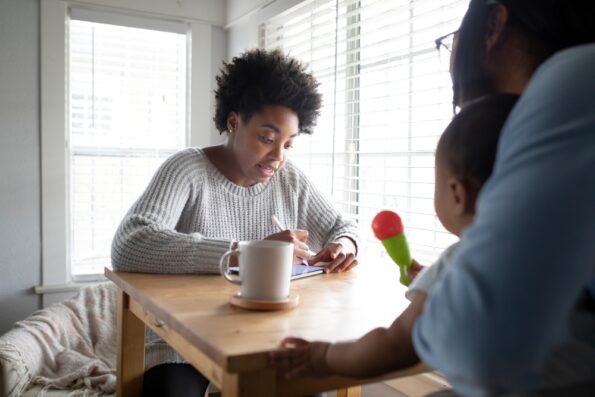
Therapeutic support, for foster carers and children
One of the things that makes ISP unique is its therapeutic practise. Every child has access to therapy – tailored to their own individual needs – if they require it, but so do our foster parents. As, experienced foster parent, Jon explains:
“We get a lot of therapeutic support with ISP for all young people – and therapy for us as well. It’s ongoing, and we can use it whenever we need to.”
This focus on therapeutic care helps children heal and thrive, but it also empowers foster parents with the understanding and tools they need to manage the emotional complexities of fostering and make that life-long difference to children’s lives.
Our foster parent, Linda, from Enfield describes the support at ISP and what makes it different:
“I felt the warmth and sincerity from ISP straight away. People genuinely want to do the best they can. You can have a cry, you’re in a safe space, and you know there’s someone at the end of the phone at any time.”
Always there, through the ups and downs
Every fostering journey has its highs and lows. What matters most is knowing you’ll never be facing that important fostering role alone.
Foster parent, Carol, recalls:
“ISP has been absolutely amazing. We’ve had ups and downs over the years and they’ve always been there for us. One of the social workers even rang me while she was on leave – where else would you get that kind of support?”
This dedication makes a real difference not only to foster carers but to the children in their care. When foster parents feel confident and supported, children feel more secure too.
Why foster parents choose ISP
Many foster parents tell us they chose ISP because of our reputation for support – and they stay because it’s proven true. Susie and Tony, from our team in Sussex, shared that:
“The emphasis is on looking after our foster parents, but the organisation is also incredibly child-centred. There’s a whole team around you – social workers, therapists, advisory teachers. All that scaffolding means we can give children the best chance to thrive.”
And Fiona from Enfield adds:
“The people at ISP are really lovely – staff and other carers. I wouldn’t look at moving anywhere else.”
Thinking about fostering?
Becoming a foster parent is a big step, and it’s natural to wonder if you’ll be ready for the challenges. At ISP, we’ll walk beside you every step of the way, with a team who will truly support you and understands the power of therapeutic care.
If you’re considering fostering and have any questions, why not reach out to us to find out more? Click here to contact our team and learn more about fostering with ISP >
